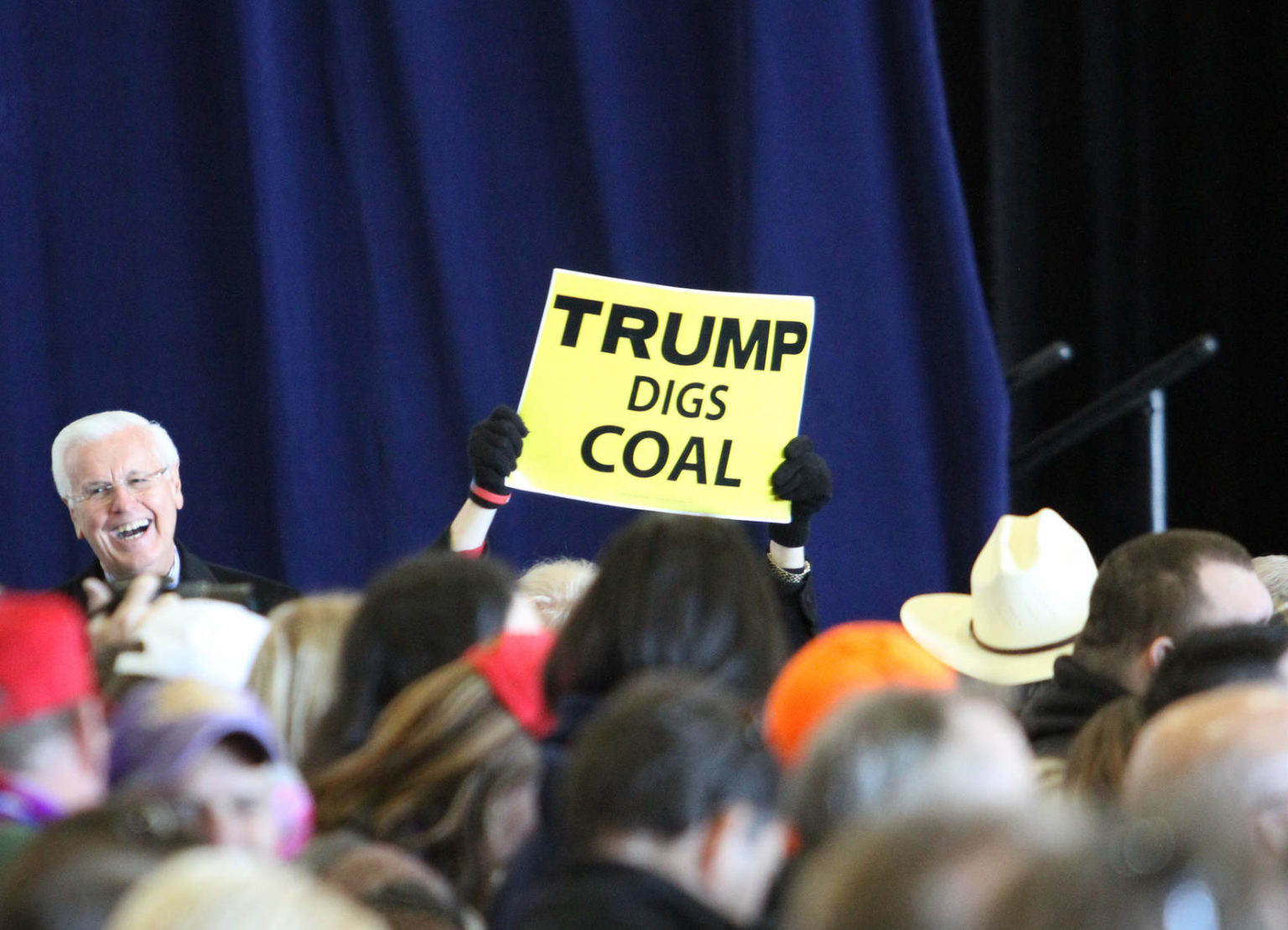This is a guest post by ClimateDenierRoundup.
Thirteen months ago, we made some guesses about what a replacement for the Clean Power Plan might look like. We speculated the new rule would be the sort of “inside the fenceline” policy preferred by the industry–one where coal plants are only required to make marginal improvements, basically just upgrading existing plants to run more efficiently.
Such an approach, which makes coal plants more profitable to run and would keep them running for longer, would ultimately lead to even higher levels of pollution than if there was no policy at all.
A couple weeks later we looked at the shady math used to justify repealing the CPP, and how that played into Bob Murray’s plans (the coal baron for whom Andrew Wheeler lobbied.)
And back in March, we pointed to legal experts who explained how the EPA will need to do better than the inside-the-fenceline approach if it wants to survive a legal challenge.
This is all just to say that if you’ve been paying close attention here, you won’t be at all surprised by Emily Holden’s scoop in Politico based on the soon-to-be-published draft CPP replacement plan that itself admits it will lead to more pollution. As we expected, the administration plans on pursuing the fenceline approach that allows for only barely cleaner coal plants to continue polluting for years to come.
Also as we expected, they’re not going to consider the international impacts of reducing emissions and plan to cook the books by changing the discount rate so as to downplay the CPP’s benefits for future Americans and ignore the dangers of dirty air by removing the co-benefits of reducing PM2.5 pollution.
NRDC’s David Doniger put up a great post Monday explaining how this replacement is actually a Dirty Power Plan. One interesting twist Doinger highlights is that the expected policy will not only allow states to set pollution limits, breaking with the existing precedent, but will also allow them to simply opt out of setting standards all together.
Doniger notes that in the advance notice of proposed rulemaking published issued late last year, states will be able to exempt coal plants from further regulation for their “remaining useful life.”
It’s interesting that this administration seems okay with throwing states’ rights out when it comes to California’s clean car standards, but gives deference to states when it comes to the Dirty Power Plan. That may sound like a contradiction, but it’s actually indicative of the only discernible element of consistency in the Trump administration.
Despite record high staff turnover under a President who changes his mind more often than his flunkies have to change their cover stories, the administration remains remarkably consistent on one thing: putting polluter profits before public health.
Main image: Louisiana GOP Rally on December 9, 2016 at Dow Hangar, Baton Rouge, Louisiana Credit: Tammy Anthony Baker, CC BY 2.0
Subscribe to our newsletter
Stay up to date with DeSmog news and alerts







